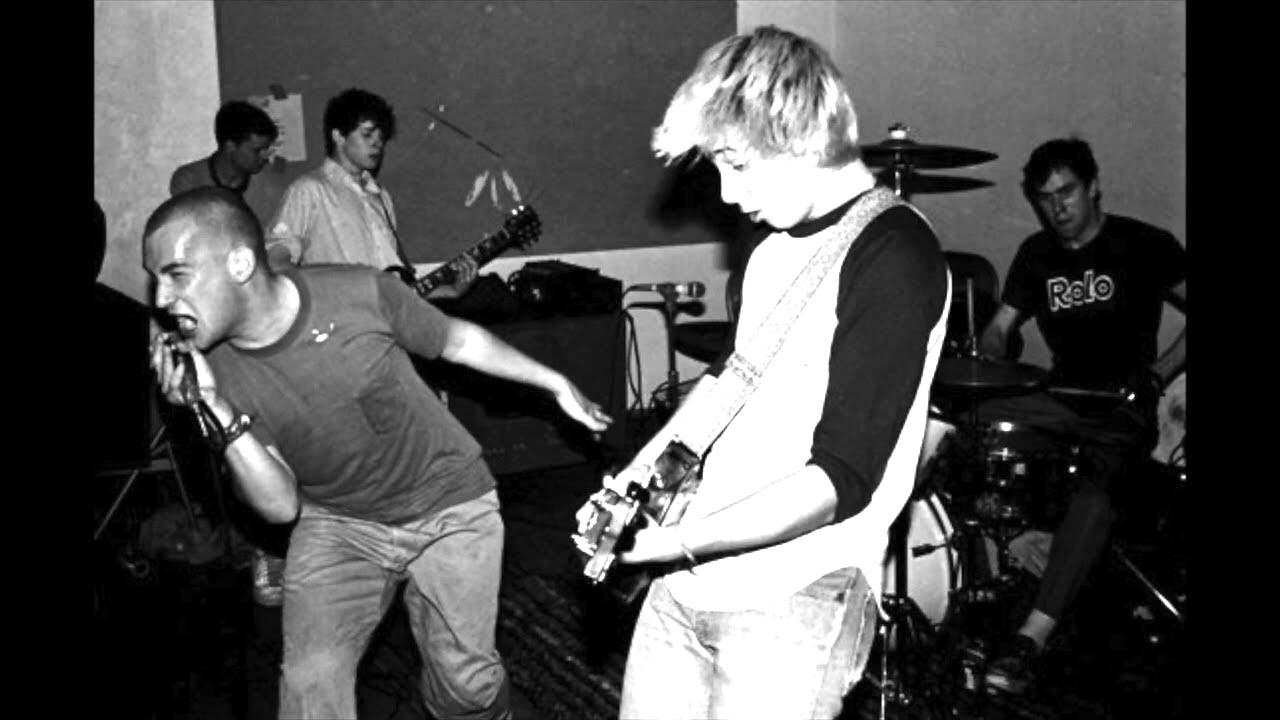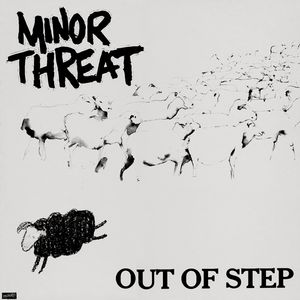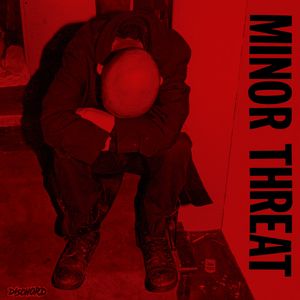

Minor Threat
Follow Your Favorite Band Today!
Top Minor Threat Community Posts
Story of Minor Threat
Minor Threat, the seminal hardcore punk band, exploded onto the Washington, D.C. scene in 1980. Founded by vocalist Ian MacKaye and drummer Jeff Nelson – veterans of the local scene who`d previously cut their teeth together in Teen Idles – the band quickly solidified its lineup with bassist Brian Baker and guitarist Lyle Preslar. In 1982, Steve Hansgen joined, adding a second guitar as Baker shifted to bass.
Despite a brief lifespan of only three years, Minor Threat left an indelible mark on American hardcore. Their raw, aggressive sound and fiercely independent ethos, embodied by their self-released material on Dischord Records (MacKaye and Nelsons own label), became a blueprint for countless bands. Their DIY approach to distribution and promotion helped define the genres ethos.
Their iconic song, "Straight Edge," spawned a subculture emphasizing abstinence from alcohol, drugs, and promiscuous sex. AllMusic rightly calls their music "iconic," praising its enduring quality in a genre where many contemporaries haven`t held up as well. Alongside Bad Brains (D.C.) and Black Flag (California), Minor Threat set the standard for hardcore punk throughout the 80s and 90s. Their landmark releases, the Minor Threat EP and Out of Step EP, remain highly influential and critically acclaimed works of the hardcore punk genre. Their impact extends beyond music, shaping the cultural landscape of the scene with their uncompromising message and DIY ethic.
Frequently Asked Questions
Bands you may like
More Hardcore Punk Bands
Discover more bands in the Hardcore Punk genre and explore the diverse sounds that define this musical style.
Browse All Hardcore Punk BandsMore Bands from United States
Discover the rich musical heritage of United States and explore bands that represent the country's unique sound and culture.
Browse All United States Bands

